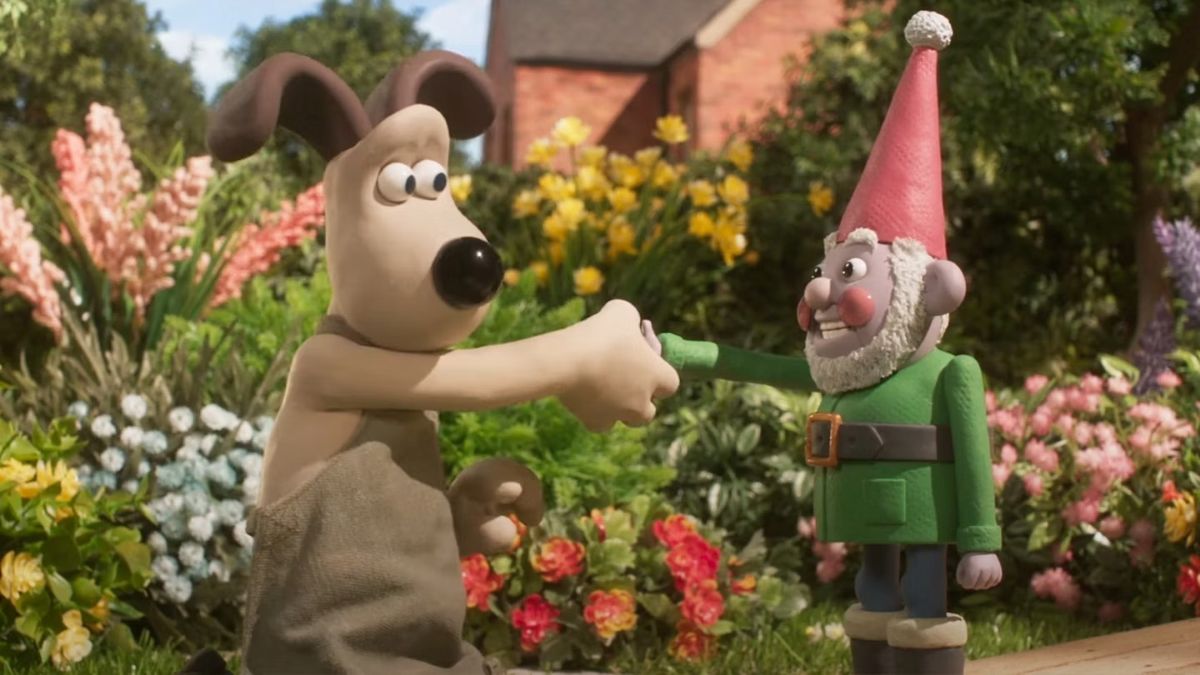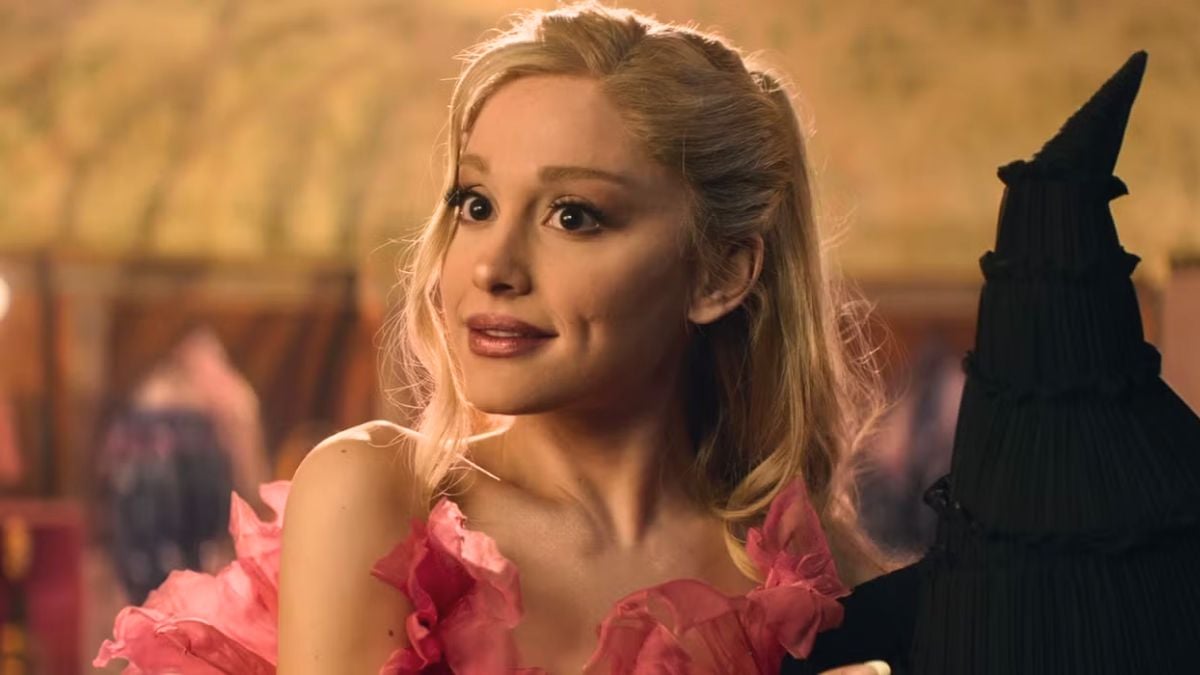Jess + Moss is the first experimental film I’ve seen at Sundance this year that has really stretched the definition of filmmaking. With this disclaimer, it’s not really necessary to say it, but I will. Jess + Moss is not a conventional narrative. It will probably test the patience of most of its viewers. And there is not, by any means, any sort of closure offered to comfort those that sit through the duration of its eighty two minutes.
What director Clay Jeter was more interested in is the exploration of memories, and how we relate to them. It looks at ideas and emotions that run through our heads without being coherent, but in the same rite, are still violently influential and relevant to our psyches. What he’s created here is more of an epic poem, than a feature film. A modern Rhyme of the Ancient Mariner which takes place on a farm in rural Kentucky. Two characters take up ninety nine percent of the film’s screen time. They are the titular characters Jess, and Moss. They’re epic characters in the sense they can represent so much to so many people, without an exact definition of who the are and what they really stand for. They’re aptly placed in dreamlike surrounding of staggeringly beautiful colors. The two act and react to each other for what seems like a portion of the summer, judging by the size of the crops they play around.
The story, if it can really be called that, seems to be a stream of consciousness type tale of a two unlikely friends. Jess has graduated high school but is sticking around her father’s home, hoping the mother that abandoned her, promising to pick her up sometime in the future, will return. Moss, or Amos, is much younger, being raised by his grandparents following the death of his mother and father in what we’re told was a car crash, but we can’t be sure. Nothing in this story is made sure.
Besides the pleasing cinematography and realistic performances by the two leads, the film’s biggest asset is its sound. Not only is the audience meant to glean information from the way Jess and Moss act, but we also find out much about them by the playing of old recordings, cassette tapes that provide the strongest foundation for these the development of these two. Some of them are from Jess’s mother, a kind of goodbye and promise she made when she left. Others are recorded by kids themselves. The latter are particularly poignant and bring a much needed emotionalism to what originally seems an impassive tale. Beyond the actual words we hear, sound is played with like paint on a canvas, experimenting in electronic looping, the cutting together of different recordings, and minimal use of hauntingly beautiful piano music (some borrowed from Marie Antoinette).
Similarly important is a scene which inspects the interactions of the kids in their respective homes, where the two friends are virtually unable to relate to their guardians in any way. Jess, because of her father’s negligence and drinking and partying. Moss, because his grandparents seem immeasurably old and irrelevant compared to him. The comparison to this inability to relate makes the chemistry between the two so evident, it nearly jumps off the screen.
The film begins, perhaps half way through, to hint at some much darker subjects than spending carefree days in the countryside of Kentucky. But as Jeter is so quick to remind everyone he can, this film is about memory. As we avoid visiting our own painful memories but fail to do so completely, so does the film. That’s not to mean what’s inferred isn’t completely understood. Even a casual viewer will pick up on the subtle hints that Jeter and his writers (besides the director, three others are credited for the screenplay, and there’s an additional credit for the story) seem so deft in carrying out on the screen.
Filming was done on Jeter’s family tobacco farm. Which may suggest a certain amount of autobiography. We don’t know if it is, or if it’s not. It doesn’t really matter. The film has countless allegorical readings. There’s so much in Jess + Moss, it’s a marvel.






Published: Jan 26, 2011 05:29 pm